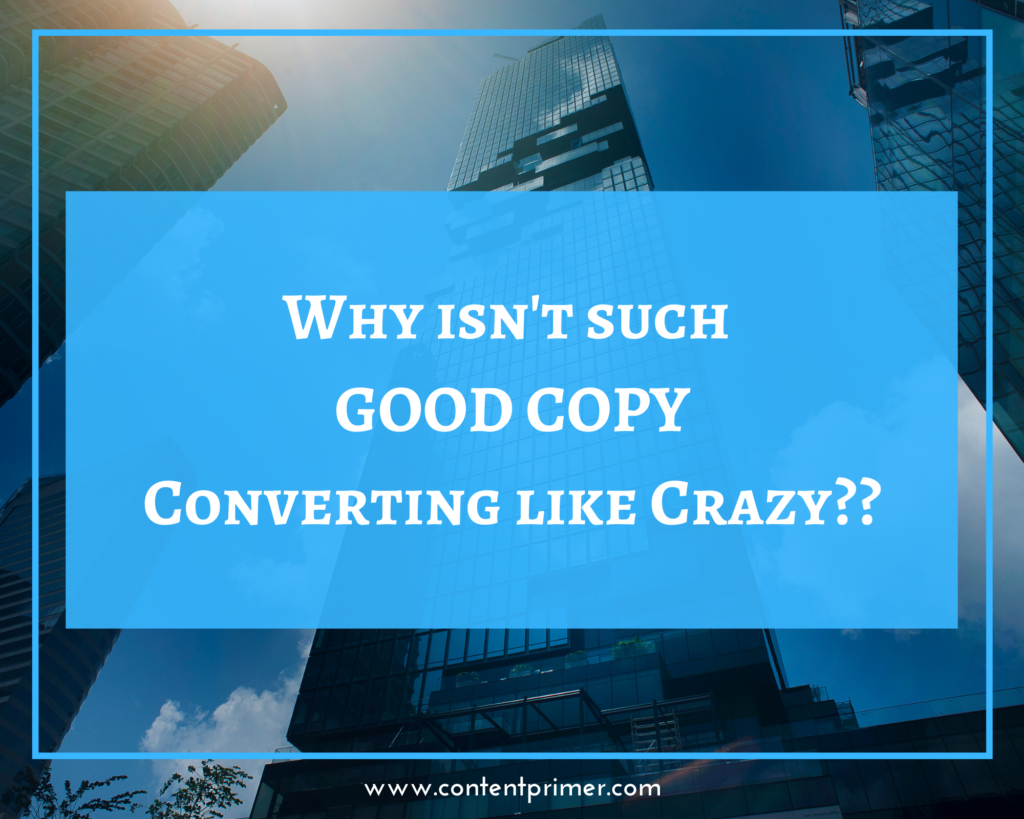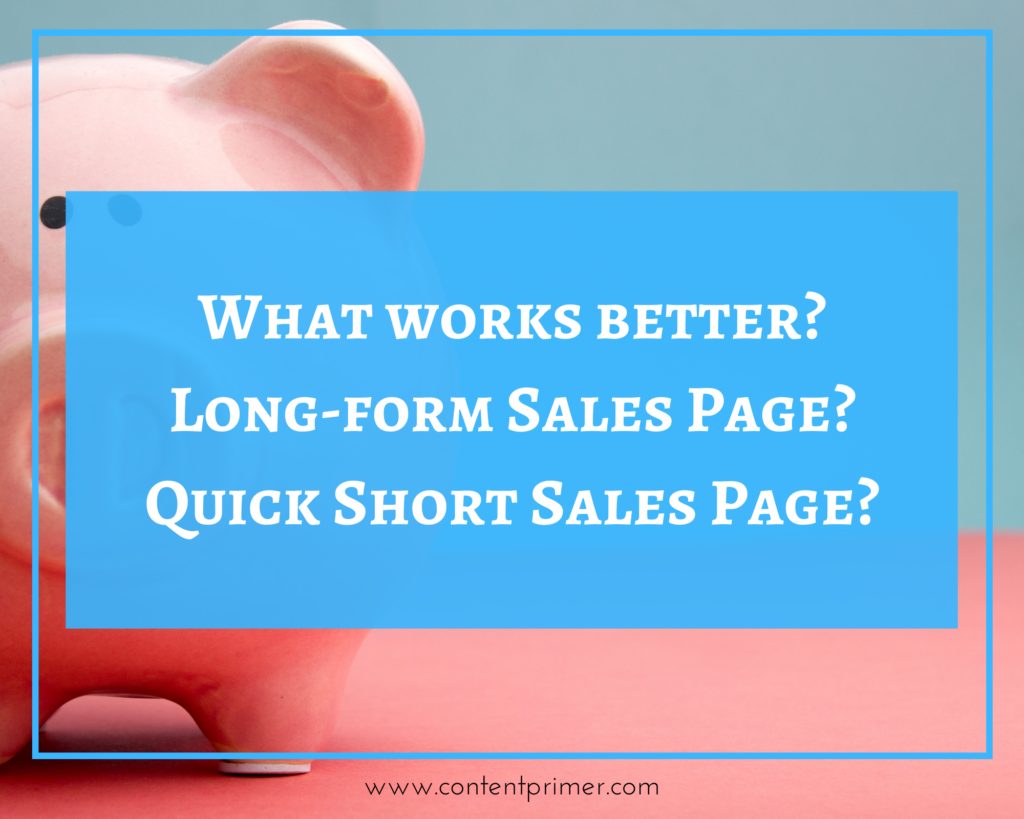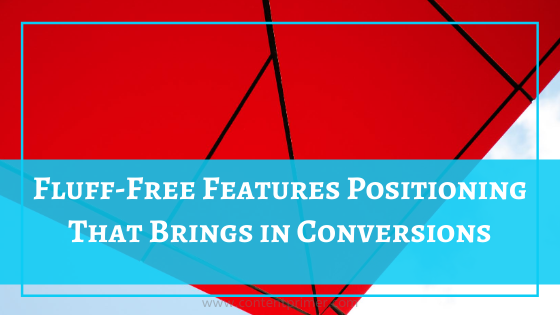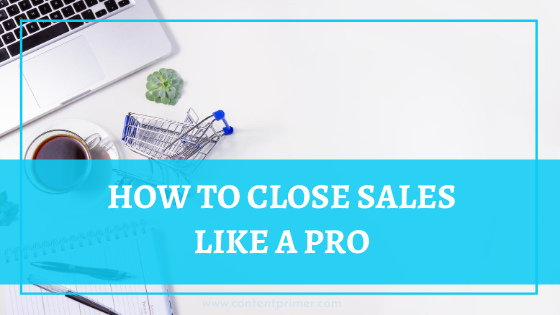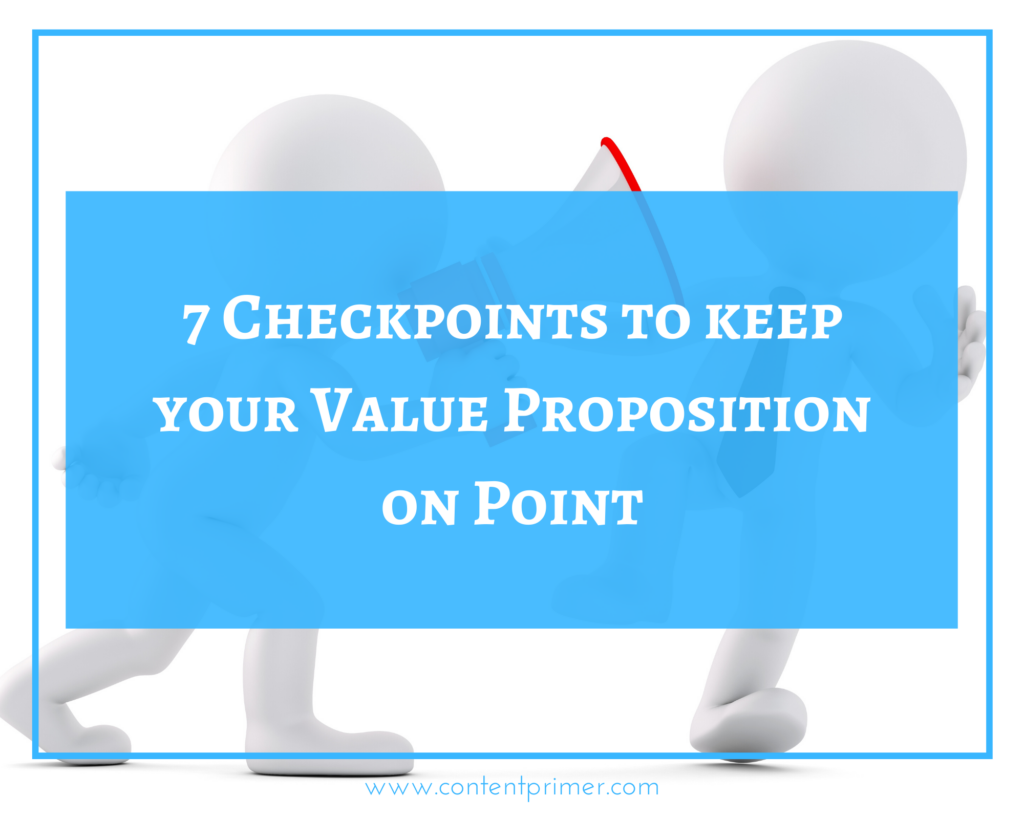Brand Positioning
Tripwire Sales Page Copy 101: What converts better?
**It** doesn’t really matter to the buyer.
Because..
1. The buyer is not here to measure the length of the sales page
2. The buyer is not here to count the number of words
3. The buyer is not here to admire the beauty of your design. If the design is fab, they’ll definitely admire it. But the sole purpose on the page is to **know** the product.
Your potential buyers are here to see if they’re:
2. Is it worth the money – even if it’s a tripwire product
3. Who’s the creator? Is the creator credible?
4. What kind of results have past buyers seen?
5. What am I really getting if I buy this product today?
6. What will I lose if I don’t buy this product today?
7. What can I do with this product? The ROI?
8. What big worry can this product get rid of for me?
9. How much time can I save per week if I use this product?
What should you keep in mind before writing a Sales Page
2. What’s their biggest worry right now? What are their current roadblocks?
3. How are they looking at solving this?
4. List of product features + benefits
5. Prove your authority and credibility as the product creator
6. List of Frequently Asked Questions so that you don’t leave them frazzled at any point
7. Ample social proof to back up your claims and offer
8. What’s the purpose behind the purchase of a product like this?
9. Address the possible objections to buying this product
10. How can I speed up conversions and maximize sales?
Elementor Product Page Copy Teardown: How to write a Fluff-Free Features List
#Elementor decided to inject my feed with their ads.
So I decided to tear down their sales page into Conversion Copy.
The biggest dilemma before writing a sales page is:
Should you start your sales page with benefits over features?
Not necessary.
You don’t have to force benefits out of the page when the benefits don’t want to come.
What does that mean?
Look at the Elementor sales page screenshot below.
It looks like they were hell-bent on leading with benefits and in the process, the message sounds blah..
Alternatively, fluff-free positioning and features list looks like this, in that order:
- Build the page of your choice with the form builder
- Choose from a variety of well-designed, visually appealing testimonial carousels instead of the same old monotonous templates.
- Built-in pop-up forms so that you have everything hosted on one integrated platform instead of scattered forms and pages.
- Countdown timer to catalyze conversions.
- Capture real social proof to boost your credibility with the Star Rating Widget.
Go over these options and compare it to the copy in the screenshot.
What’s the difference?
- Copy Positioning in the screenshot is so weak and bleak that you CAN fall asleep reading it
- The tone and voice in the screenshot is plain blah. There’s ZERO personality. It doesn’t even sound like everyone else. It sounds unsure and shallow which is worse than sounding like everyone else.
- The copy sounds desperate. It’s trying so hard to be clever by using phrases like “Make it count” — what does that even mean?
The point is — to state the facts and speak the truth straight instead of mincing your words.
So every time you sit down to write sales page copy, do this one thing:
- Try and make sense out of it
Go apply the above DON’Ts to make your copy pop out and shine.
And if you need help with copy audits, reach out to me at roshni@contentprimer.com
– Roshni
You know why it’s hard to sell your services?
Because you’re undecided in your head.
You don’t know how to value your services.
You don’t know how to evaluate the value of what you do.
You don’t know the impact you’re creating with your work.
If you can articulate the impact, they’ll never question your price.
But..
If a price objection comes up and you dilly your way by matching up the price to the time you’re spending, the creativity you’re using or years of experience you’re carrying — it doesn’t cut it!
Because what’s your client gonna do with your experience? Creativity? Time spend?
How’s it beneficial for them?
Noo – it isn’t!
Show them what’s of value.
Show them WHY they should hire you instead of your competitor sitting in the adjacent browser tab.
Because your creativity, experience, and time is NOT a measure of the outcomes they’re expecting.
The same shit applies to online sales as well.
Your copy should just CONVERT – by stating the VALUE your work brings to the table.
Not the hours you’re pouring into the project.
And if you’re finding it hard to articulate the value of the work you do, I help you do just that.
Love,
Roshni
How To Write Value Propositions That Make Your Prospects Say Yes To You
Premature positioning without translatable proof crashes your credibility.
The job of a value proposition is to gravitate your prospects toward saying yes to you.
Humans are constantly looking to benefit. Use this behavior to your advantage.
Let’s look at the value propositions of various websites and audit the copy for conversions.
Example 1:
Stop defining your company with a weak adjective

The above value prop is – braggy.
Also, I had never heard of Cypher learning until now. Adjectives like best, world-class, and high-quality mean nothing. They’re just filler copy.
“Spotting a pretty adjective is the first sign of a fluffy value propositions statement.”
– Roshni Shaikh
“High-quality” just means “high quality”.
There’s no other way to measure it. Because it’s subjective.
Therefore, your value propositions should never depend on adjectives to define them.
Adjectives can never communicate the real value of your business offers. Behead the adjectives out of your value prop and focus on bringing the outcomes to the forefront.
Why your value prop is not your USP
A few days back, Peep Laja, the founder of ConversionXL tweeted about why the concept of USP is obsolete.
And I agree with him.
Because in 2023, it’s impossible to be running an extremely unique business.
Especially, if you’re in the SaaS market – you know how crowded this industry is. So describing your brand as unique is not a good idea at all.

What does the absence of a value proposition do?

My first thought goes – how do you make your results colorful? Colorful pie chart? Colored graphs? Rainbow data?
I feel confused and I start wondering what the product actually is.
Unfortunately, it’s a web development company.
Solution: They could have spoken about the approach they mention in the CTA and position their brand with a clarified message.
Why it’s important to state the biggest benefit – FIRST

Nobody actually needs more data in this data-saturated world. But everyone wants to be able to manage data well.
So saying “Need more data” is not only useless but also intimidating.
And having data is not a benefit. It’s actually a liability to deal with if you don’t know how to tackle the data overflow problem every company faces today.
So if you’re a company offering a solution to analyze, organize, optimize and monetize your data, you should as well state this fact in your value prop and lead with it to bring in conversions.
Otherwise, you confuse your readers. And confused readers get off the wagon ASAP.
Lesson: Lead your value prop with your biggest benefit
Keep your first screen clean
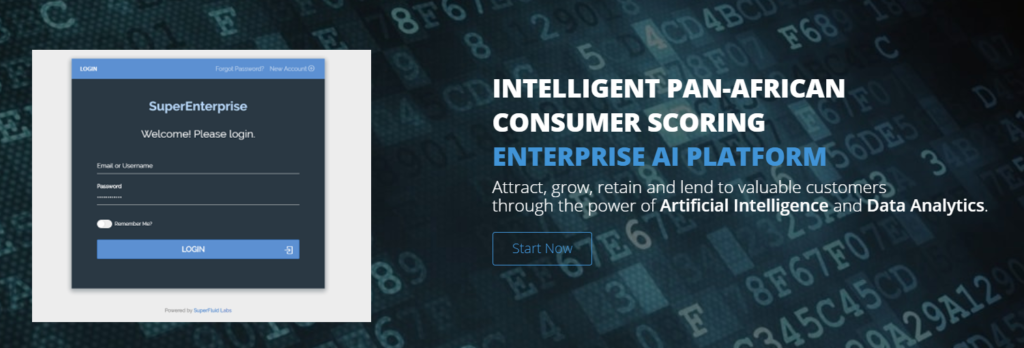
Again, here’s another value prop starting with an adjective. We know what the problem is. So let’s talk about the UX here.
The goal of a business website is to make your reader’s job easy.
You start with clean websites. The screenshot of a login portal to the left is confusing and meaningless. It doesn’t add any value to the message.
The objective of your message is to take your reader from one awareness stage to a deeper, better understanding of your brand.
When you add screenshots like the one shown above, it makes the reader think hard, they panic and quit the page.
Conclusion: The reader cannot grasp what this company is about until they read the tiny text that uses two keywords (AI and data analytics) in an unnatural sentence.
Solution: A hero section with no image is better than having a confusing, deviating image with an unclear value proposition.
Avoid writing unprofitable value propositions

Stating your own name in the value prop has zero benefits.
This isn’t telling me what kind of digital work you do.
The words “more and beyond” denote uncertainty. If the reader senses uncertainty, they’ll have a hard time trusting your brand.
So, use your online real estate wisely. Own your message, connect with your audience and bring them closer to your brand.
But how?
3 simple ways to make your brand more approachable
- Write a benefit-packed value prop with a meaningful call to action
Look at the example below. Appsumo doesn’t waste a second in addressing its readers. They identify the software buyers immediately. They know exactly what the software buyers come to them for. They make them feel exclusive instantly. This is a 10/10.

- Connect with a belief your audience stands for
Meetup does this really well.
Their value prop says – “The real world is calling”, which connects with most of us on so many levels because we’re all fighting digital screen toxicity.
We’re all striving to make our lives a little bit more outdoor-ish. The gist is – to find out how you can match your audience’s mindset and convey that.
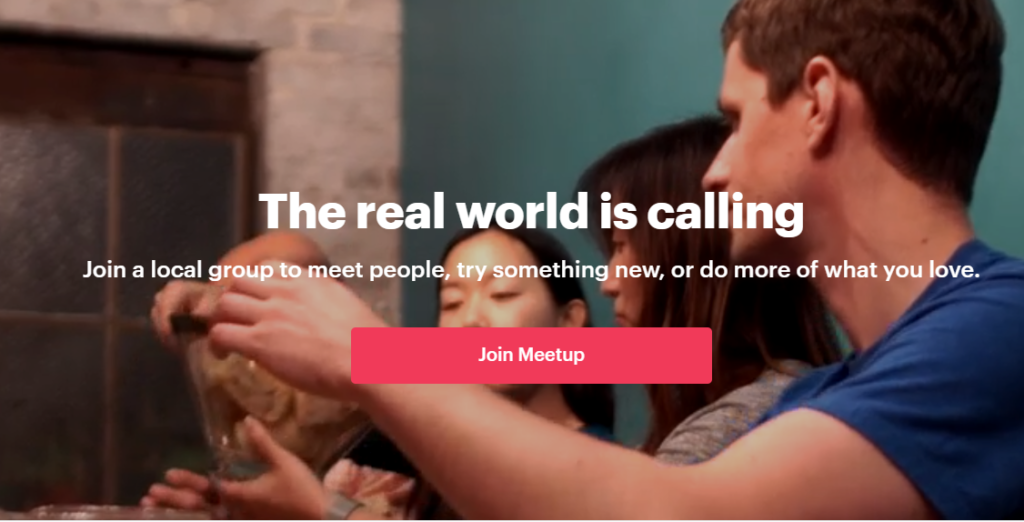
- State your why loud and clear just like 450GSM
They’re not afraid to break the rules. The moment you land on their homepage, it’s clear.
There are no clever tactics, no desperate messaging to sound badass – only clear messaging that gets the job done.
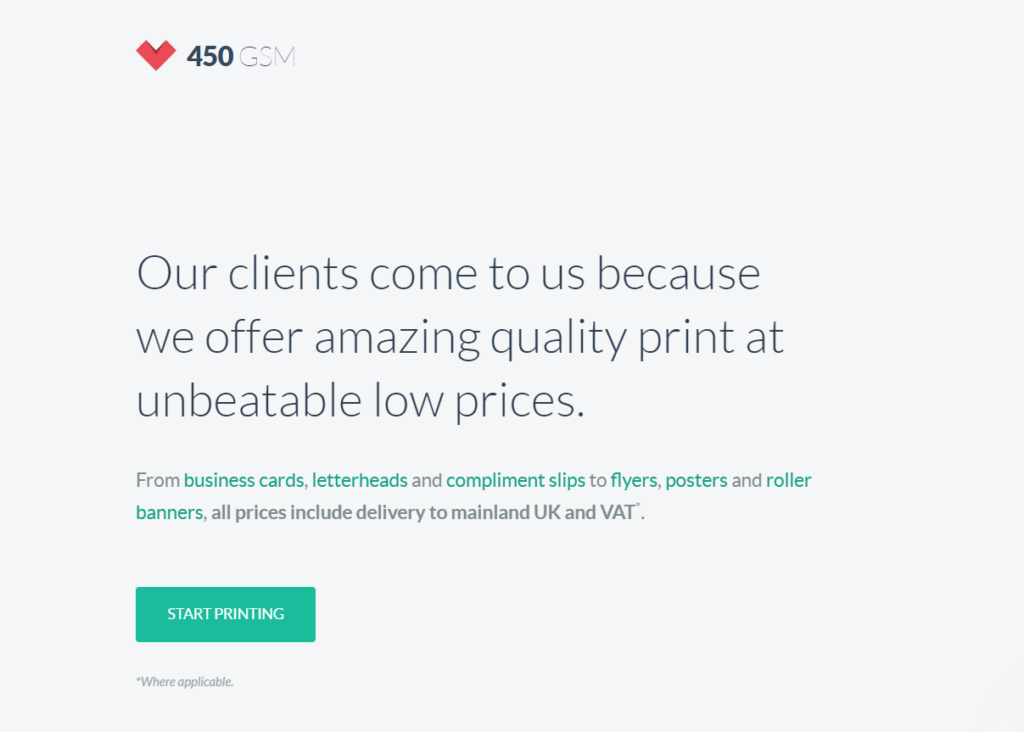
Action steps to writing a clear value proposition
- Avoid adjectives – because adjectives repel clarity and are subjective
- Highlight the biggest benefit
- Use social proof to write your value proposition if you can
- Connect with the values and beliefs of your audience
- Connect with your reader’s mindset and intent
- Clean UX around your value prop means higher conversions
- Stop trying to be unique and focus on being useful to your readers
Questions? Ask me in the comments.
